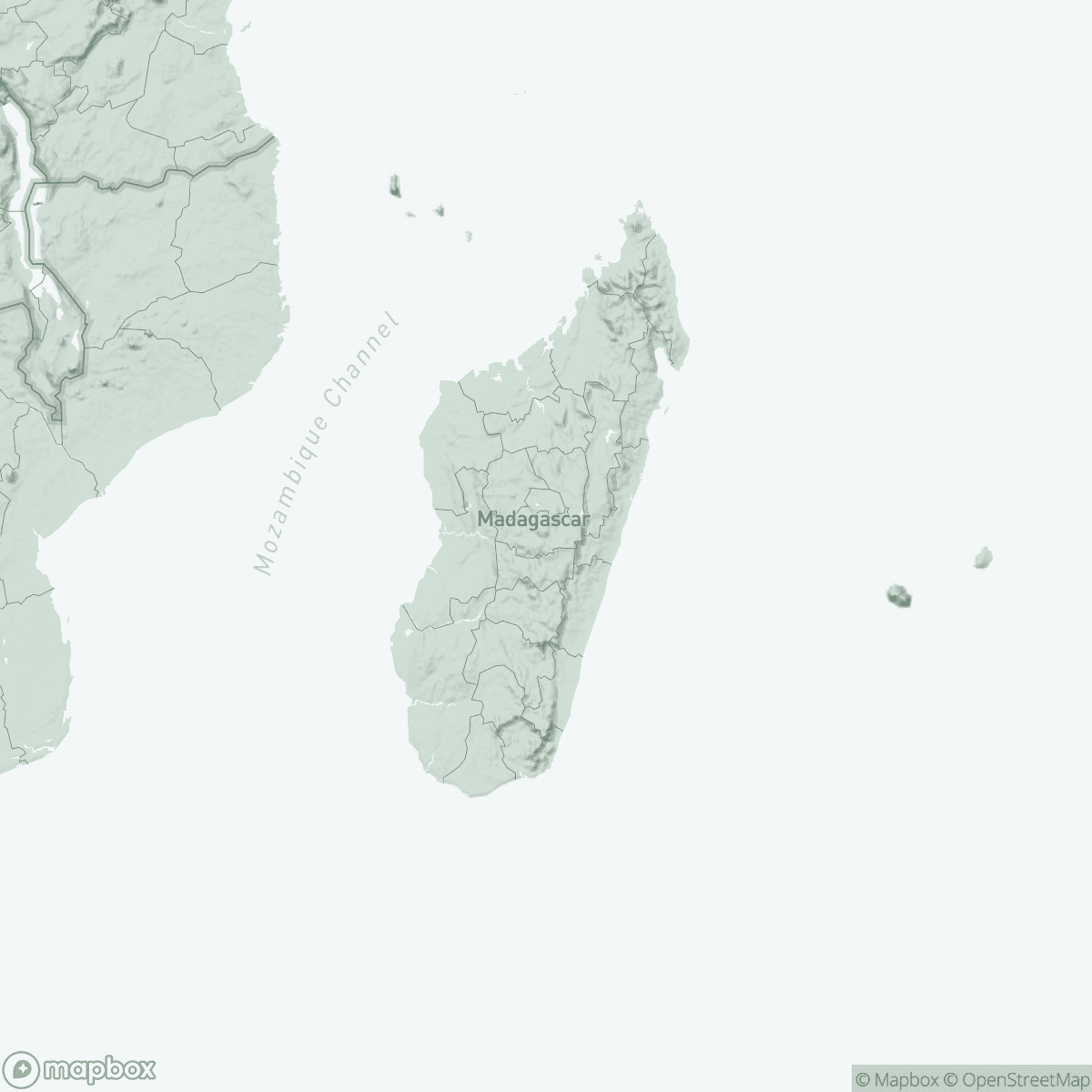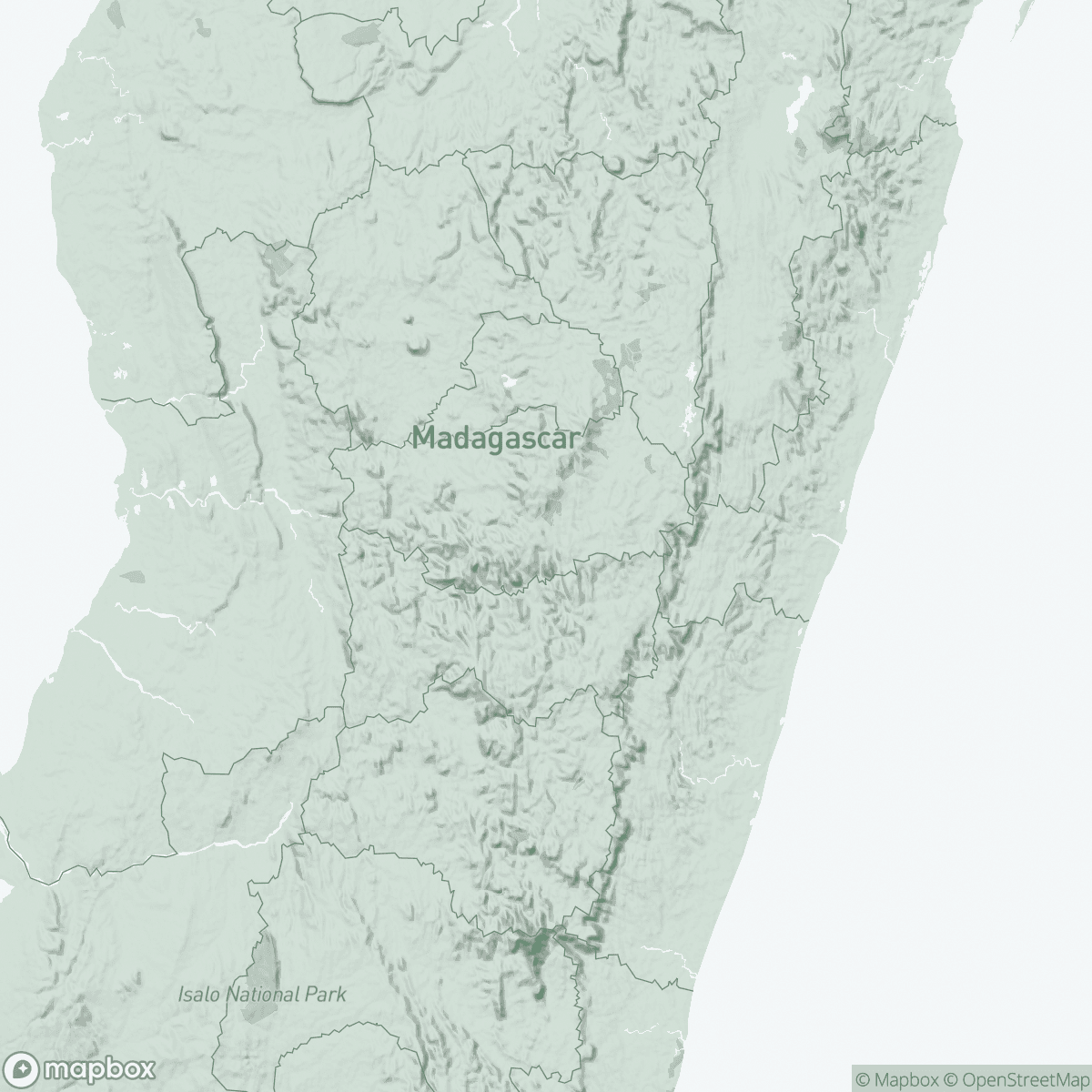
Madagascar
Médecins Sans Frontières (MSF) is running projects to assist vulnerable communities in Madagascar, a country experiencing the harsh effects of climate change, including extreme weather events.
Our activities in 2024 —
outpatient consultations
admissions of children to outpatient feeding programmes
malaria cases treated
families received relief items
In 2024, the country was hit by tropical cyclones Gamane and Alvaro, which caused major damage in the north and southeast, and affected more than 550,000 people.
In addition to providing emergency medical assistance, our teams distributed hygiene kits, supplied health centres with essential medicines to meet basic needs, and trained medical staff in Ambilobe, Diana region.
Throughout the year, in collaboration with the Ministry of Health, we supported the response to malnutrition in Ikongo district, Fitovinany region.
Our teams treated children for severe acute malnutrition, and organised activities to raise awareness of the benefits of early screening among local communities. From February, we extended our treatment to moderate acute malnutrition cases.

In the Fitovinany region, access to healthcare is limited, and malnutrition is a significant health issue, exacerbated by the cyclones and heavy rainfalls that occur at the beginning of the year. They severely affect the livelihoods of communities who mainly rely on agriculture.
In March, we ended our activities in Nosy Varika district, which began in 2022 as an emergency response to high levels of malnutrition, and later also focused on improving access to maternal, paediatric, and malnutrition care for local communities.
In 2024, in collaboration with two local NGOs, Ny Tanintska and Health in Harmony, MSF started a new project with a participatory and inclusive approach. Communities are playing an integral role in designing the project’s health programmes, based on their perceived needs.
MSF consulted people from 164 villages to identify solutions and actions to contribute to better health outcomes.

